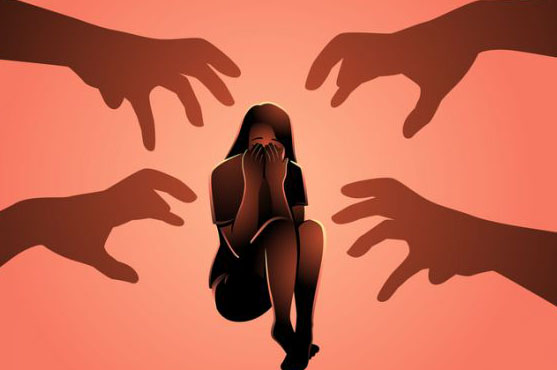Experts from different divides have demanded increased awareness, legal backing, and improved access to reproductive health services, especially Safe Termination of Pregnancy (STOP), to tackle the alarming rates of gender-based violence, unsafe abortion, and maternal mortality.
The call was made in Abeokuta yesterday during a high-level roundtable meeting with policymakers on the possible legal framework of Sexual and Reproductive Health and Rights (SRHR) in Ogun State.
Speaking at the event, Founder of the Women Advocates Research and Documentation Centre (WARDC), Abiola Afolabi, disclosed that gender-based violence (GBV) remains a pervasive issue across all regions of Nigeria, not just the northern part.
“We have what we call the sexual assault referral centre. In most places where sexual assault referral centres are, they don’t have enough funding to be able to support the response that we expect, and police have not also been cooperating enough.”
She stated that Nigeria has one of the highest maternal mortality rates in the world, second only to India, and attributed a significant percentage to unsafe abortion practices.
“Nigeria has one of the highest maternal mortality rates in the world. We are actually next to India in terms of the number of women who die while giving birth.”
She further urged policymakers and government to take urgent steps in addressing the ugly trend of women dying unnecessarily.
“That’s why Ogun State has passed guidelines, so we do hope it’s effective for them. The guidelines are not only talking about rape and incest, but also about other circumstances where the abortion of pregnancy becomes necessary — for example, if a woman has cancer, diabetes, or some other issues that could become a threat to that pregnancy.”
The Ogun State Commissioner for Women Affairs and Social Development, Hon. Adijat Adeleye, represented by the Permanent Secretary, Mrs. Adejumoke Adewole, said the state had adopted the STOP policy to provide a legal framework for access to safe termination services.
Adewole added that there is a need to escalate awareness and ensure that the STOP policy receives legislative backing, stressing that such action would give it legal status and allow the law to protect women and girls, especially in cases involving rape and incest.
She emphasized the importance of revising existing laws to include cases of pregnancy resulting from incest or rape, arguing that these situations pose psychological and emotional trauma for victims.
“But there are instances where a father, uncle, or relative will abuse a child and it will result in pregnancy. Who will want to have such a baby? It is not ideal. So, we want the law to cover those areas so that whoever is in that position can boldly go to the hospital to say, ‘I want this pregnancy off because of how it came about.’ And that is a major thing we should focus on for our law to be amended in line with that.”
Also speaking at the event, the Senior Gender Equality Adviser at the Centre for Reproductive Rights, Nairobi, Kenya, Caroline Wambw, commended Ogun State for its leadership in interpreting national law to create the STOP Guidelines. She urged other Nigerian states to follow suit.
“The STOP Guidelines give healthcare providers clarity on what they can do without fear of prosecution. This helps reduce unsafe abortions and saves lives,” she said.
She also called for the reinstatement of similar guidelines in Lagos State, which were recently suspended.
“We see it as an opportunity to offer women and girls the ability to get services, to be able to come to the facility and the doctor does not have any ambiguity in the sense of what they can offer to the person that is in front of them.
“We also see it as an opportunity to save lives. Having STOP guidelines or guidelines that really expand interpretation of self-termination of pregnancy helps to reduce the cases of unsafe abortion in that the services are available in the state.
“And we also urge other states within Nigeria to be able to do the same — to follow suit. One thing we are pushing for with WARDC is the reinstatement of the STOP guidelines in Lagos State.
“As you know, they have been suspended and what that does is that it brings ambiguity on the part of the service providers.”
Meanwhile, a gynecologist, Dr. Olonode Luqman, explained that unsafe abortion contributes to about 13% of maternal deaths in Nigeria, noting that many women resort to untrained providers, leading to fatal complications.







